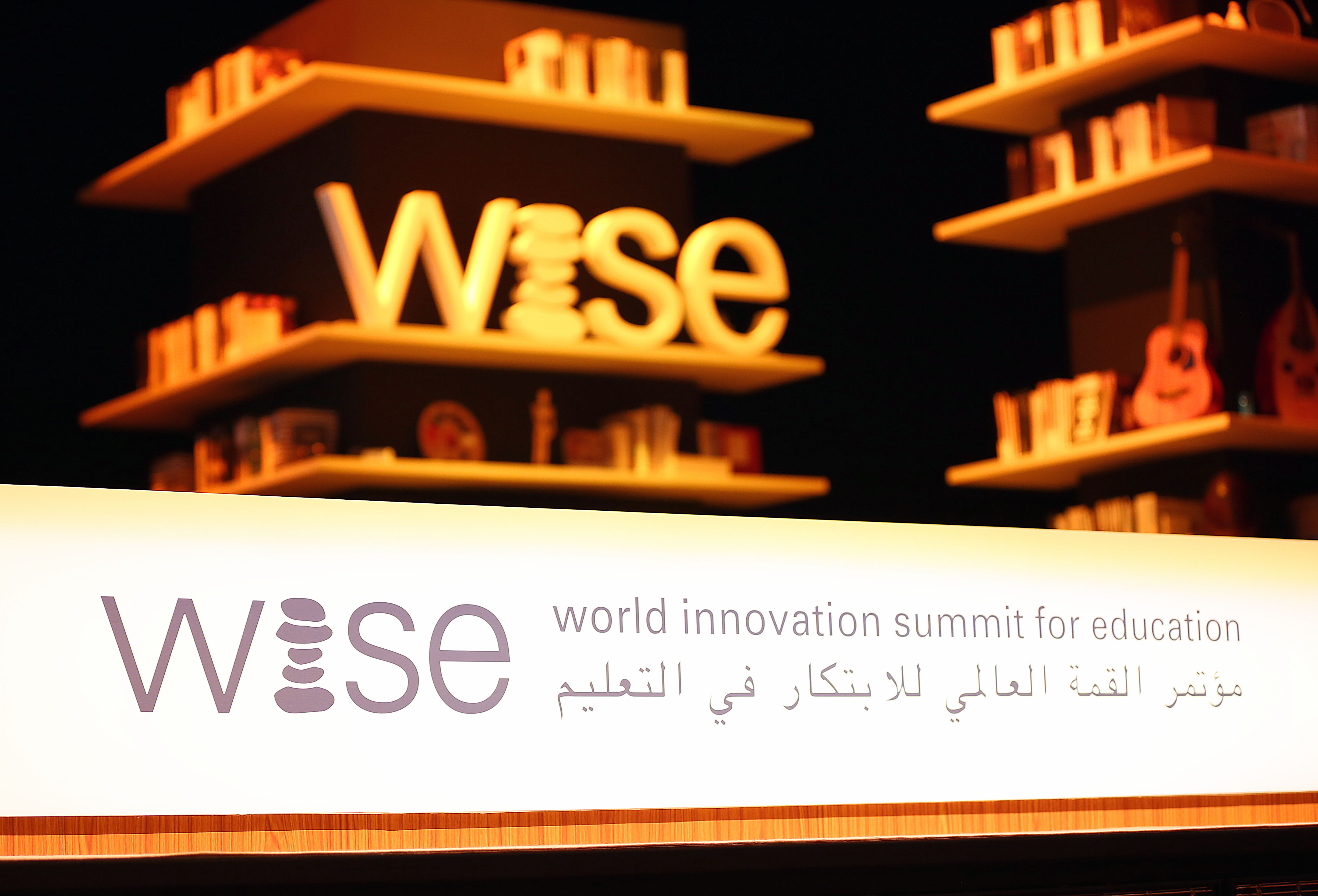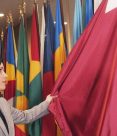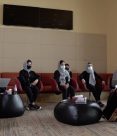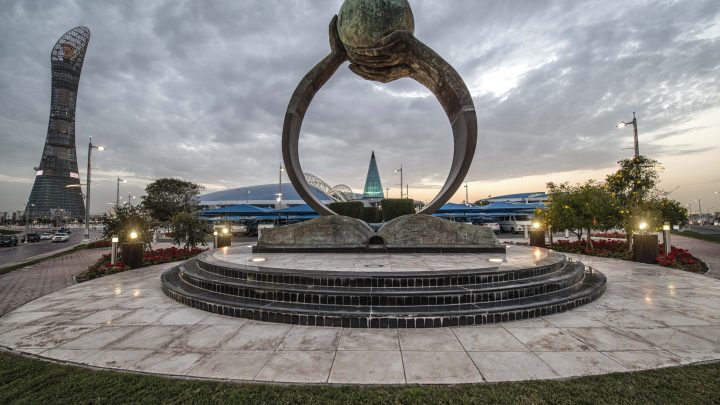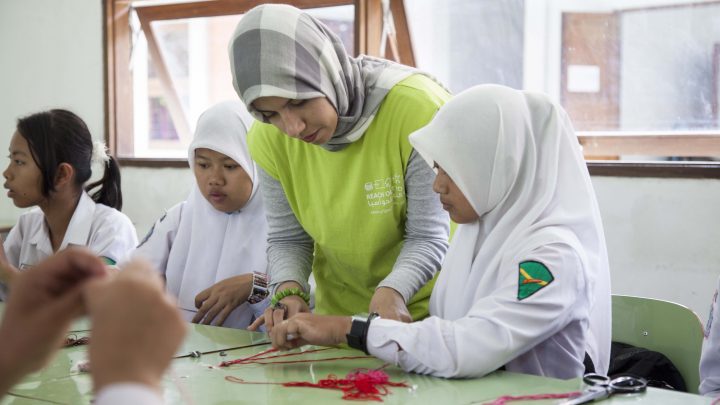June 2018
Research director aims to collaborate, innovate and advocate with partners across the world to raise standards of teaching and learning
For Dr Asmaa E Al Fadala, the field of education has always been one that requires a local understanding and a global outlook. In her pursuit of educational reform, her career path has transitioned from being a physics teacher in Qatar; a science coordinator following her acquisition of a Master’s degree; to joining the RAND Policy Institute, focusing on educational research.
At Cambridge University, Dr Al Fadala explored case studies of schools in Qatar impacted by educational reform. The research earned her a PhD in Educational Leadership. Afterwards, she joined the World Innovation Summit for Education (WISE), an international initiative aimed at transforming education through innovation. Today, she is Director of Research at WISE, focusing on promoting innovation in education across three ‘pillars.’
“The first pillar that we focus on requires us to collaborate with renowned institutions around the world, and produce policy-relevant research on a wide range of educational topics,” she explains. “Secondly, we have programmes that recognize and actively facilitate innovation in education. Lastly, we promote innovation in education through our advocacy work, as we participate in different forums around the world.
“Our most significant achievement has been that we succeeded in putting education on the global agenda. That was very much part of Her Highness’s vision following her establishment of WISE in 2009.”
– Dr Asmaa E Al Fadala
Founded by Her Highness Sheikha Moza bint Nasser as a global initiative under the umbrella of Qatar Foundation, WISE hosts a biennial WISE Summit. The conference brings together over 1,500 worldwide experts, researchers, and innovators to form new collaborations and develop solutions to inspire creative changes in education. In her role as Director of Research, Dr Asmaa E Al Fadala is central to the success of the project and to WISE’s international outreach.
“Working at WISE has taken my work a step further to reach global platforms,” she says. “For example, I have been invited to serve as an advisory member of the Asia-Pacific Economic Cooperation, working on a new education strategy for the region. This has given me the opportunity not only to make my voice heard within WISE and Qatar, but also on an international level.”
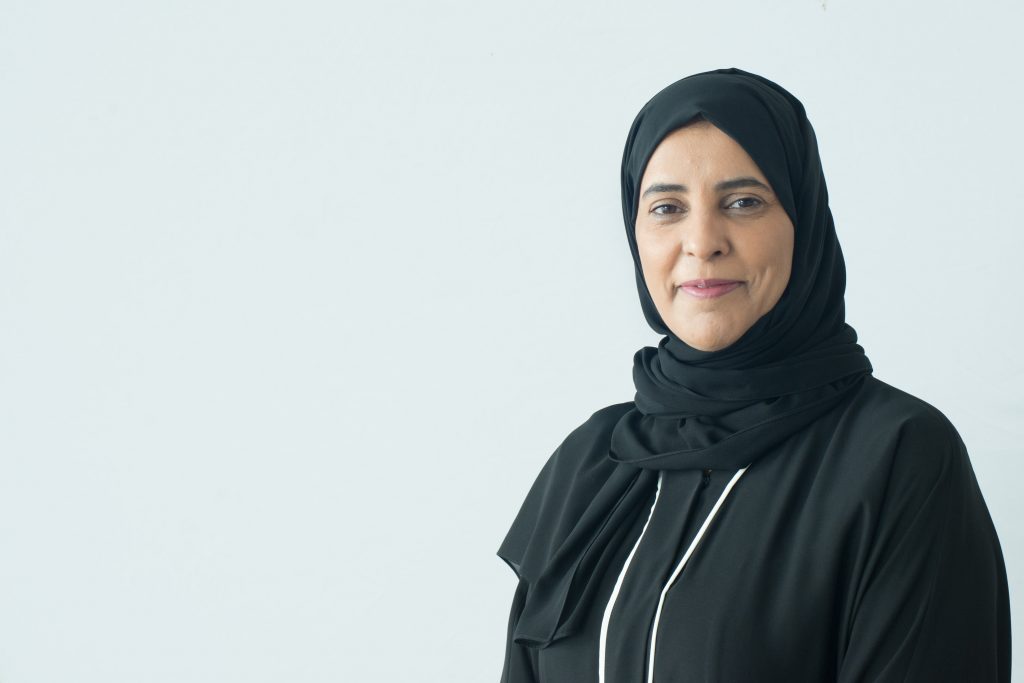
Dr Al Fadala’s work is necessarily global, but also local, which allows her to incorporate lessons from her early career path. She says: “On a local level, my personal favourite WISE project thus far has been working on the Empowering Leaders of Learning (ELL) programme with schools in Qatar. ELL is designed to support school leaders with strategies and tools to improve teaching practices and student learning outcomes, encouraging educators to pursue an evidence-informed focus and to apply research on effective teaching.”
ELL is just one example of the impact she and WISE are making toward education, locally and globally. However, Dr Al Fadala states that such forward momentum must persist: “Having been in the Qatar education system for years, I feel it is important for us to continually seek the gaps we need to fill in order to make our schools among the best in the world.”

